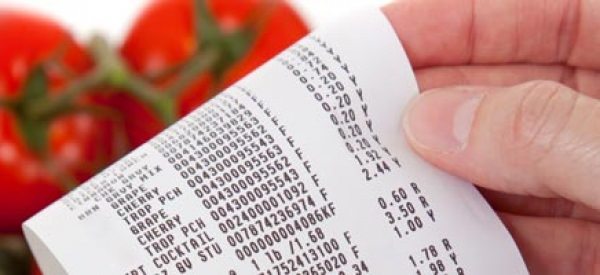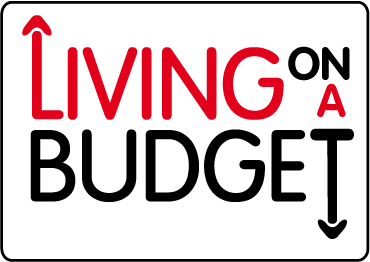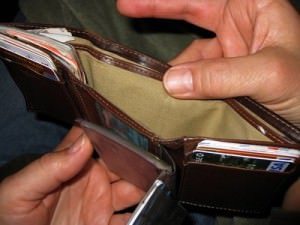Whether you’re saving money or you don’t have enough to save, we all try to establish household budgets. Use the tips below to establish a realistic budget by including incorporating your non-recurring expenses.
Ways to Budget for “Unusual Expenses”
 One of the biggest mistakes you can make in calculating what you spend is omitting the unexpected or unusual expenses for a certain month. Rather than examining what the particular unusual expense was for a given month, include “unusual expenses” or “unexpected expenses” as a budget item in order to keep yourself honest about how much you spend.
One of the biggest mistakes you can make in calculating what you spend is omitting the unexpected or unusual expenses for a certain month. Rather than examining what the particular unusual expense was for a given month, include “unusual expenses” or “unexpected expenses” as a budget item in order to keep yourself honest about how much you spend.
Most people make excuses for failure to meet budgeting goals by explaining away unusual or unexpected expenses, such as car repairs, medical bills, or even gifts for the holidays. Your budget’s “unexpected” or “unusual” expense category will avoid these omissions.
The “unusual” or “unexpected” expense category will enable you to realistically budget and record amounts that you spend on what you previously thought were one-time expenses but actually represent ongoing expenses of one sort or another that arise unexpectedly during every month.
Unexpected or unusual expenses are not optional expenses. By creating a permanent category of “unusual” or “unexpected” expenses you’ll be able to establish an average amount that you spend on this category each month much like a grocery bill or rent.
When you consider ways to trim your budget begin with a target goal of what you’d like to save each month. After you’ve established your goal, examine your budget categories and consider where you’re going to direct your efforts to save money.
Never plan to take the unusual expense category out of your budget as a means of establishing a savings plan. The point here is that there are unusual expenses every month and it is unrealistic to assume you will cut out a category of expense. You are no more likely to cut out unusual expenses entirely than you are likely to cut out your food budget entirely. Your goal can only be to reduce expenses for a specific category.
It’s important you assess your ability to trim down your budget as a whole, the total amount of expenses during a specific month. Using the example of saving a few dollars each month by eating out less, don’t assume you saved a certain amount of money by halving your eating out expense. Rate your entire expenses for a month and you’ll likely find that your overall spending went down less than you thought it did because although you ate out less you spent more on entertainment or your grocery bill went up.
Non-recurring expenses should be recorded in their own category so that you can see that most months have one unusual expense or another. In this way you avoid artificial fluctuations in your budget by addressing the reality that your budget must account for unusual expenses.
Your realistic budget must include an unexpected or unusual expense category. Use the tips above for realistic budgeting that accounts for unexpected expenses that occur each month.






